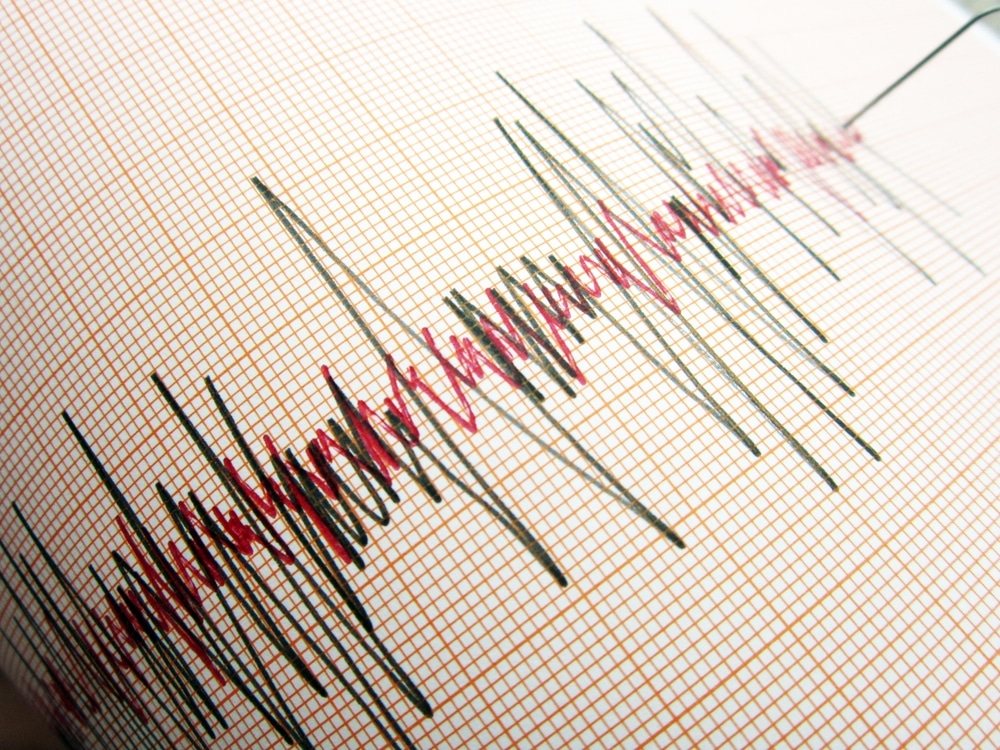Car buyers might not get the vehicle they want on time, commuter rail lines could see service disrupted, and shipments from everything from oil to livestock feed could be snarled. According to the Associated Press, Those are just a few of the wide-ranging impacts a walkout by U.S. rail workers would have on the country’s industries and economy.
A strike could happen if the railroads and unions can’t settle their differences before an early Friday walkout deadline. Here’s how some industries are gauging the potential impacts and getting ready for the possible work stoppage. Nearly all new vehicles that travel more than a couple hundred miles from the factory to their destination are shipped by rail because it’s more efficient, said Michael Robinet, an executive director for S&P Global Mobility.
So it’s almost a certainty that new vehicles coming to the U.S. from Mexico or other countries will be delayed, he said. “It’s not like there’s extra truck capacity to take all the vehicles that the railroads can’t carry,” Robinet said. Automakers might be hampered in building vehicles, too, because some larger parts and raw materials are transported by rail.
But Robinet said automakers will go to great lengths to get the parts to keep their factories running as much as possible. The strike could derail critical deliveries of chlorine to wastewater treatment plants and coal to utility plants, among other potentially crippling disruptions, prompting senior White House aides on Tuesday to review contingency options for protecting the nation’s drinking water and energy supply.
White House aides are looking at how to ensure essential products carried by rail — such as food, energy, and key health products — could still reach their destinations, even in the event of a strike. Senior officials have looked at how highways, ports, and waterways can be used to offset any damage caused, while also talking to top officials in the shipping, freight, and logistics industries.
President Biden was briefed on the matter Tuesday morning after he called the carriers and unions on Monday to press them to accept a deal, a White House official said. Senior officials at the White House are now leading daily meetings with the Departments of Agriculture, Transportation and Energy, and other top agencies about how to mitigate the impact.
Biden aides in particular are working to ensure that hazardous materials carried by rail are safely transported without hurting workers. The White House actions were described by multiple people with knowledge of the matter who spoke on the condition of anonymity to describe internal planning.
Meanwhile, According to Axios, Amtrak canceled all of its long-distance routes starting Thursday in response to a potential railroad workers strike. It’s the latest disruption stemming from the looming labor strike that could start as soon as Friday, which would lead to a shutdown of most of the country’s railway system. It would be the first U.S. railway strike in nearly three decades.
It is not expected to affect Northeast Corridor, as it is primarily owned by Amtrak. Amtrak workers are not involved in the labor dispute between the country’s largest freight railroad companies and their workers, but most of the passenger railroad’s long routes use track owned and maintained by the freight railroads.
The labor dispute is between BNSF, Union Pacific, and CSX and the majority of the unions represent around 115,000 workers. Ongoing talks between the freight companies and the workers have been led by the White House. The unions have threatened a strike if their requests regarding labor conditions and pay are not heard, and sick time policies have been the primary impasse throughout the talks so far.


















